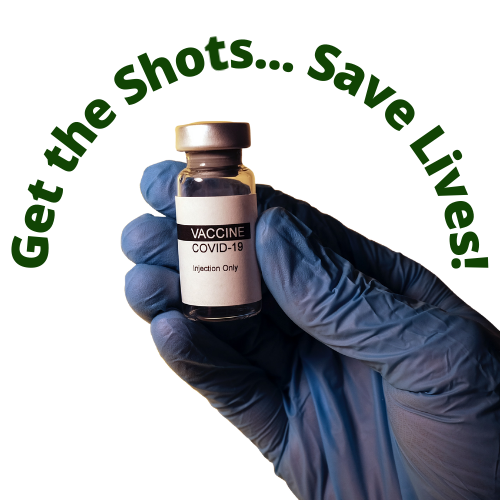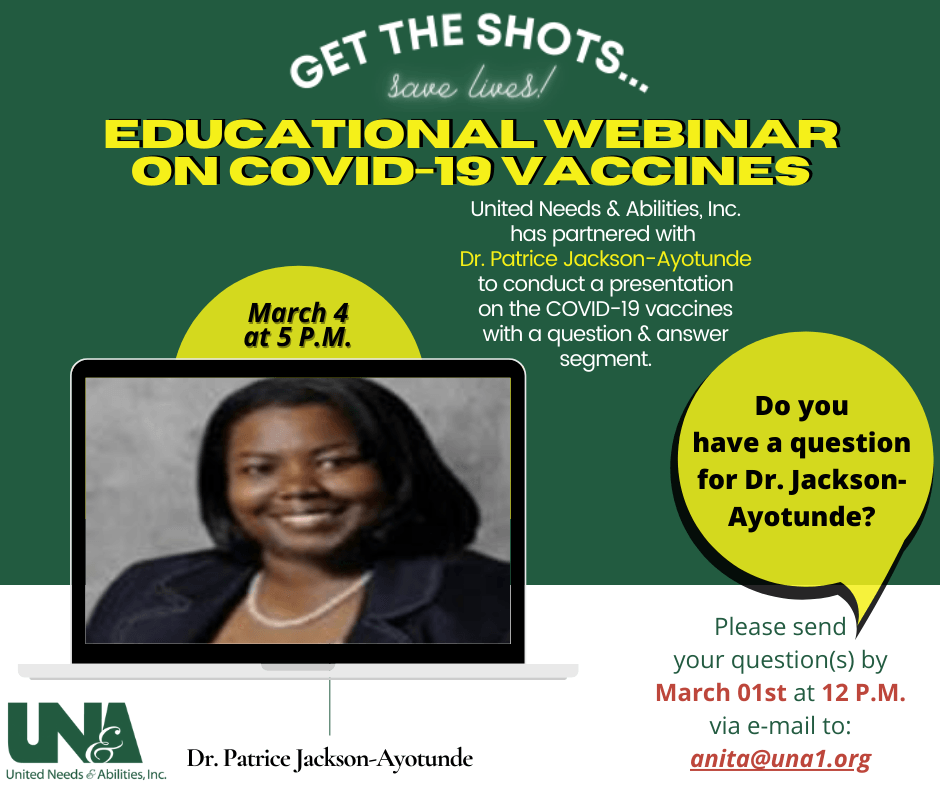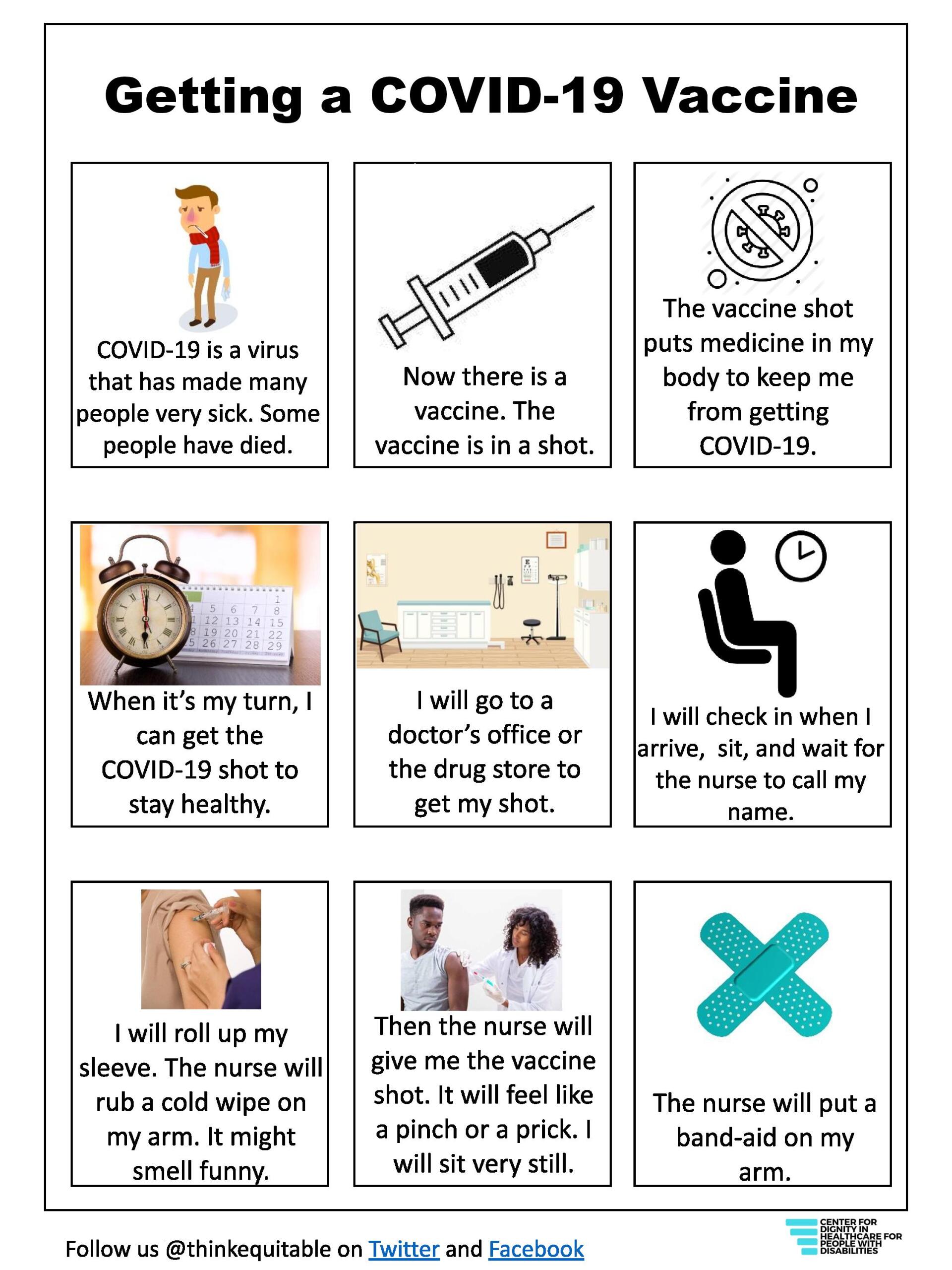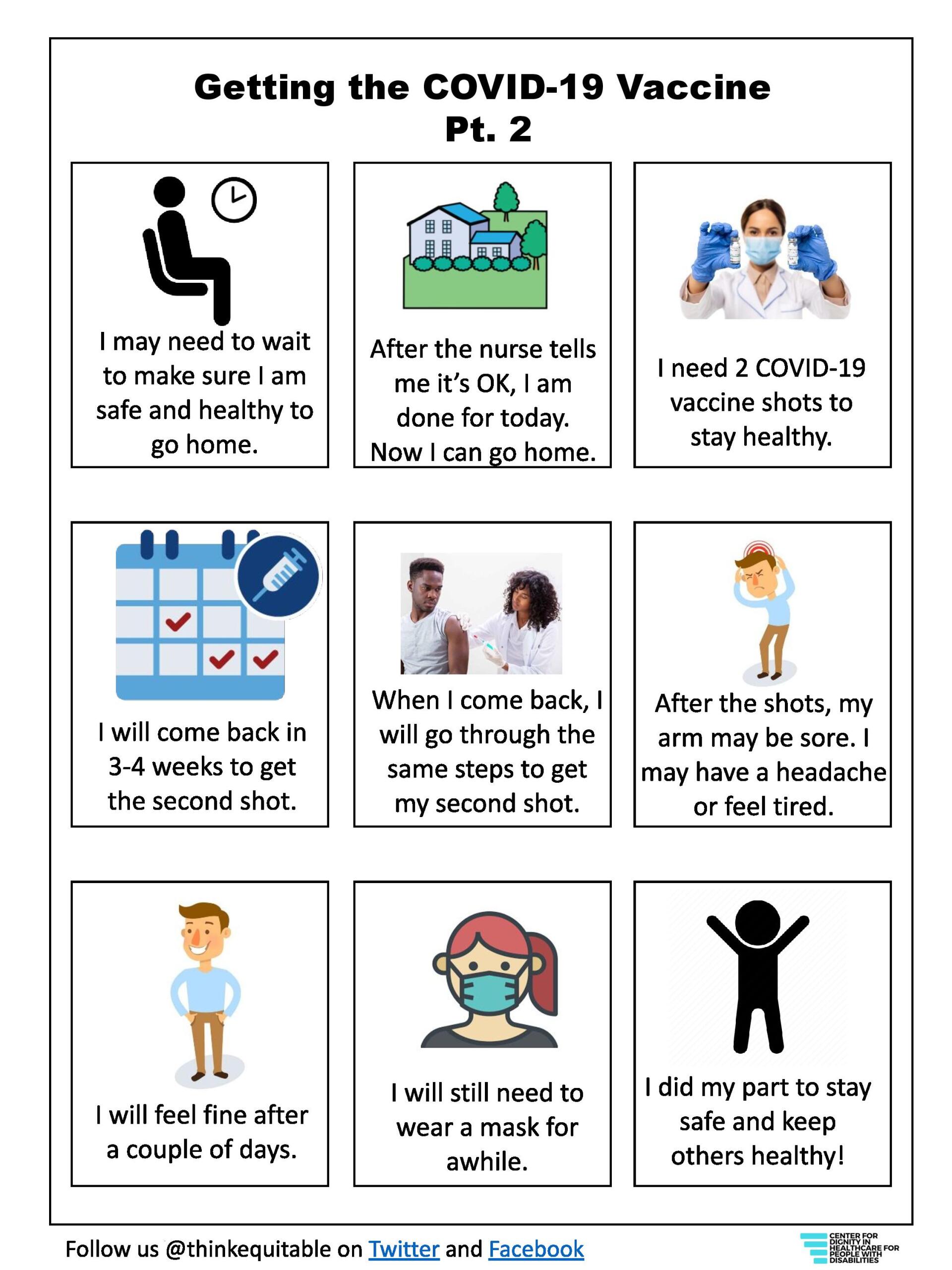Get the Shots... Save Lives!
Dispelling myths & sharing the fact about the COVID-19 vaccines.
Vaccines are widely considered one of the greatest inventions of mankind.
The World Health Organization (WHO) estimates that vaccines prevented over 10 million deaths between 2010 and 2015, and many millions more were protected from illness.
Despite this, there are growing anti-vaccination and vaccine hesitancy movements in Western countries.
Among other problems, these movements caused significant measles outbreaks in the United States, where the potentially deadly virus was once considered eliminated.
There is a lot of misinformation and misconceptions about vaccines that contribute to this growing problem. Here are the facts behind some of the most common vaccine myths.
Myths
- You can delay routine vaccinations until the coronavirus pandemic is over.
- The COVID-19 vaccines can make you sick.
- The COVID-19 vaccines contain toxic ingredients.
- The COVID-19 vaccines can overload your immune system.
- Natural immunity is healthier and more effective than vaccine-induced immunity.
- If everyone around me is immune, then I don't need to be vaccinated.
- We don't get vaccine-preventable diseases in the United States.
- The flu vaccine protects you against COVID-19.
- The COVID-19 vaccines can cause autism.
- The COVID-19 vaccines contain microchips.
Facts
- Vaccines are essential for maintaining health & wellness.
- The COVID-19 vaccines will
not make you sick.
- While
some
vaccines contain toxic ingredients (like formaldehyde and aluminum) but these amounts are so small that they're
not
considered toxic or harmful.
- The immune system is resilient & isn't negatively affected by receiving simultaneous vaccines.
- Vaccines allow the building of immunity without the damaging effects that vaccine-preventable diseases can have.
- Getting vaccinated doesn’t
just
protect you, but your community too.
- Not getting vaccinated can put yourself & your entire community at risk.
- There's
no
evidence to support the claim that the flu vaccine protects against COVID-19.
- No, the COVID-19 vaccines
cannot
cause autism.
- No, the COVID-19 vaccines do not contain microchips. (It's also impossible for this to be the case.)
United Needs & Abilities, Inc. is committed to keeping a safe environment even during the COVID-19 pandemic. UNA has teamed up with CVS to sponsor a vaccine clinic campaign: “Get the shots… save lives.”
As such, we’ve decided it’s necessary to answer their questions and dispel various myths while focusing on the scientific facts. Our goal is to offer those we serve, and those they serve, to become informed consumers.
It’s important for people to understand how vaccines work in general, what makes the COVID-19 vaccines different, why it is important for all who can be vaccinated to be vaccinated, and what those who cannot be vaccinated should know to remain safe & healthy.
To that end, United Needs & Abilities partnered with Dr. Patrice Jackson-Ayotunde, Associate Professor from University of Maryland, Eastern Shore, to present a webinar on the COVID-19 vaccines with a question & answer segment that will be shared on our social media for public education.
So, who is our presenter?
Dr. Jackson-Ayotunde has been selected by an external review committee to serve as the Richard Bernstein Professor for a period of three years. She is an associate professor with tenure in the School of Pharmacy at the University System of Maryland Eastern Shore.
Over the past 10 years, her research has focused on the field of drug design and synthesis of novel chemical entities as potential agents for the treatment of drug-resistant epilepsy her research has led to many peer reviewed publications, abstracts, invited presentations, and most importantly, a US patent. She received the patent last year for her work in the area of enaminone derivatives.
Watch the Webinar NOW:
Frequently Asked Questions
UNA's COVID-19 Plan of Action
Other Videos
Additional Information & Resources
[PDF] An article entitled, "Safety and Efficacy of the BNT162b2 mRNA Covid-19 Vaccine" from The New England Journal of Medicine:







